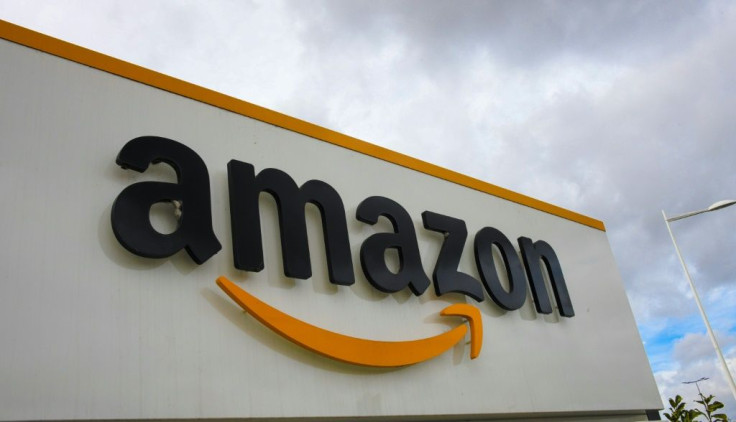Amazon Lawsuit: Why 420,000 Products Are Under Scrutiny By Federal Regulators
The Consumer Product Safety Commission has filed a lawsuit against Amazon (AMZN) to force the online retail giant to recall and accept responsibility for more than 420,000 “potentially hazardous” products sold on its website.
The federal agency claimed in its suit that the products are defective and pose a serious injury risk or could even cause death to consumers. The CPSC also contends that Amazon is legally responsible for recalling the products.
The lawsuit names numerous children’s sleepwear items, which the CPSC said are made of flammable fabric - a safety violation that poses a risk of burn injuries to children.
There were also 24,000 carbon monoxide detectors named in the complaint that the agency said are faulty as they fail to alarm, and nearly 400,000 hairdryers, which have been sold without the required immersion protection device that prevents shock and electrocution.
The products were all sold by third-party retailers on Amazon’s marketplace.
Some of the products have since been removed from the platform by Amazon, and customers were notified about the products’ hazards and offered a refund. But CPSC said that the actions by the e-commerce giant are not sufficient, Bloomberg reported.
CPSC spokesman Joe Martyak told Bloomberg that Amazon “did not want to have this be called a recall, and they did not want to be considered legally responsible for these products. That’s the dealbreaker here. We think you are responsible for this.”
An Amazon spokeswoman Cecilia Fan told the Washington Post, “ We are unclear as to why the CPSC has rejected that offer or why they have filed a complaint seeking to force us to take actions almost entirely duplicative of those we've already taken.”
Shares of Amazon were trading at $3,684.30 as of premarket hours on Thursday, up $2.62, or 0.07%.

© Copyright IBTimes 2025. All rights reserved.




















